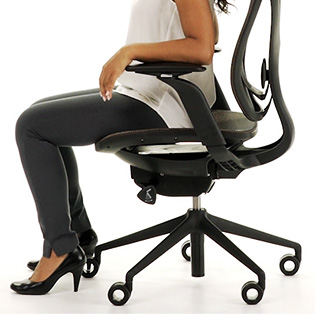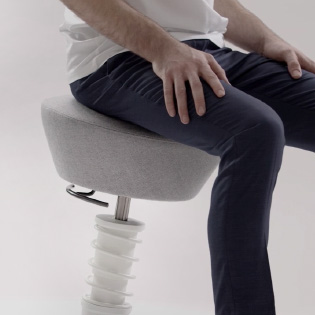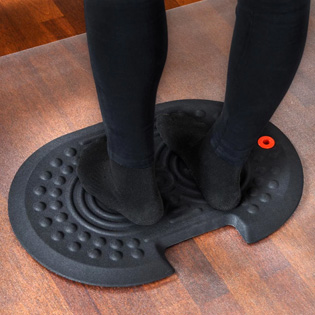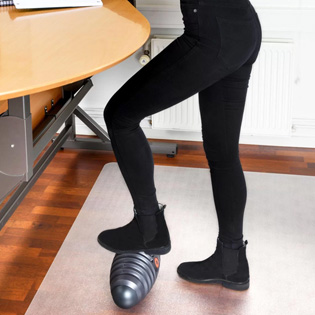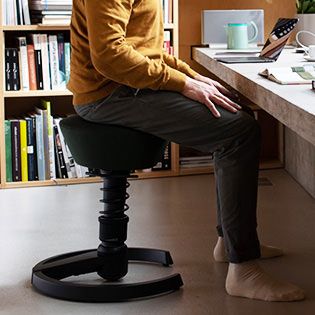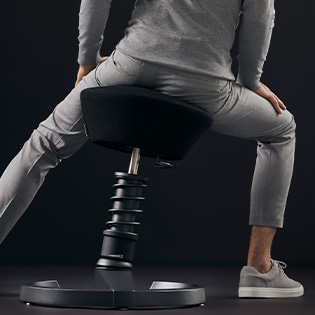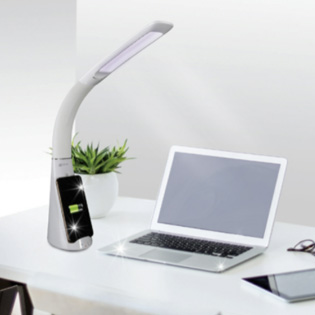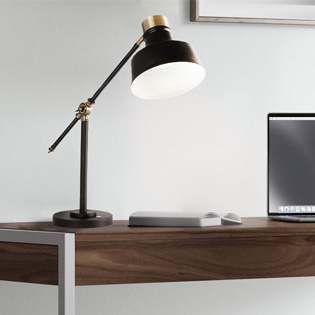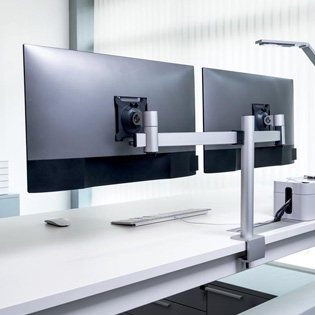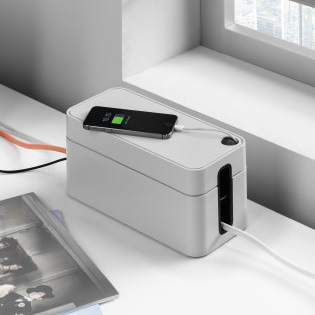Tips to Land a Remote Job and Get Your Home Office Ready
Meta
Remote work is a popular option, and if you want to partake, this guide to finding, interviewing for, and keeping a remote job will make the process easier. Remote jobs have never been more popular. Maybe working from home is necessary due to mobility, health, or childcare — or you just hate rush hour. During the pandemic, 51% of all Americans transitioned into a remote work setting. Remote work has continued to go strong today, and many jobs can still be worked from home. These jobs include accountants, engineers, teachers, writers, editors, project managers, customer service representatives, account managers, and sales representatives. If you don’t see your career on this short list, don’t fret. Remote work covers more than that, including web game development and healthcare.
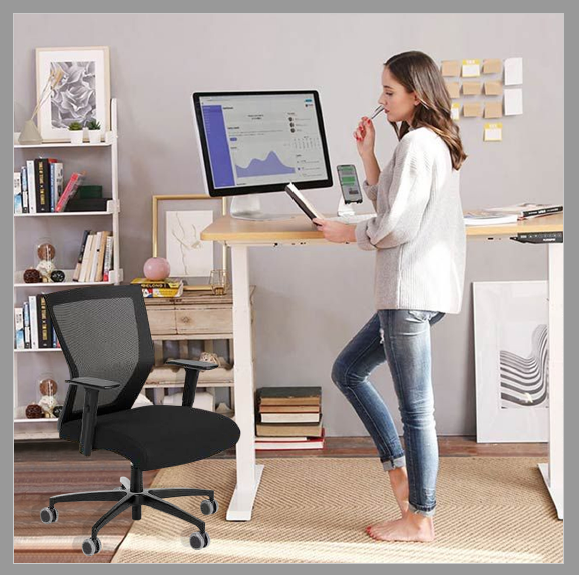

Network
Networking always plays a significant role in both your job search and career. People often don’t realize it, but 80% of all jobs are filled through personal connections rather than job postings. There are many ways to network remotely, including finding professional groups to strengthen your professional ties, help form new relationships, and offer insight into your industry.
Virtual networking tips
The best way to network remotely is to say yes to online events as often as possible. Don’t be shy to drop a line and introduce yourself and what you hope to achieve.
If you attend a webinar, follow up by sending the presenter an email. This method is a great way to build potential contacts. You can also meet professionals in social media settings — such as free Slack groups, LinkedIn, and virtual job fairs.
Self-evaluation: Are you ready for remote work?
To successfully work from home, you’ll need to ask yourself if you can accomplish your goals remotely. Home has a lot of distractions — from television or video games to children and pets. If you choose to work from home, remember you’re not working less; you’re working from the environment of your choice. While you prepare for working from home, research to ensure your career allows for field or remote working and start searching for ways to get into that.
Work-life balance
One of the biggest challenges most people face once they begin working from home is figuring out their work-life balance. One of two things tends to happen to people who work from home – they either overwork because they take on too much, or they underwork, usually due to distractions.

Home setup
People often don’t realize that a faulty home setup is detrimental to achieving their best work. If you don’t have what you need, are you able and ready to invest in those materials and space so you can work effectively?
Checklist
Aside from the gear your work requires (like a computer), you’ll want a desk and a comfortable office chair. Here’s a checklist of other important things you will need to become ready for remote work. Besides these tools, specific companies or jobs might require additional gear.
- Computer: Whether you prefer a desktop or laptop, make sure it is reliable and has enough processing power to handle your workload. When choosing a computer, compare different systems and opt for one with a warranty. Sometimes, companies will provide a work computer, which will save you from the hassle of buying one.
- Reliable and fast internet: A stable internet connection is a requirement for most work from home jobs. Companies will also ask you to show proof of your internet connection.
- Headset or headphones: A good quality headset or headphones improves your communication on conference calls, client calls and most importantly, blocks out distractions.
- Webcam: Many companies require video meetings, so a high-quality webcam is essential. You can choose a computer with a built-in camera or buy it separately.
- Mouse and keyboard: A good mouse and keyboard will help you work faster and reduce strain on your hands and wrists.
- Ergonomic chair: Invest in a comfortable and adjustable chair, this will make working from home better. Ergonomic furniture also supports your posture. An example of an ergonomic chair is the Run2 chair. It’s designed with a pressure point relief seat foam and cool injected technology. It provides a comfortable and supportive seating experience for remote workers. The design of the chair keeps the neck, shoulders and hips aligned by supporting the natural inward curve of the lower spine. It helps improve posture, leading to a more productive and comfortable workday.
- Workstation: Whether you have a separate office or work from the living room, a designated workspace will help you stay focused and productive. A good workstation should stay ergonomic and have sufficient space. Dynamic Multi- Adjust Monitor arms and tablet holders are useful tools to keep your equipment on the right height and avoid eyestrain.
- Backup power supply: This is especially important if you live in an area with lots of power outages. A battery backup or surge protector will protect your equipment from these power outages and surges. Ergify has a Power Management section for great Cable Storage Box
- Printer and scanner: Even though everything is becoming more and more digital, a printer and scanner can still come in handy. This will mostly depend on your job.
- Lighting: Good lighting can help reduce eye strain and improve your mood. Invest in a desk lamp or other lighting sources. You’ll be able to find plenty of options, each with different features. The Purify LED lamp at Ergify sanitizes the work surface, charges your phone and is compact.
- Storage: If you’re working with work documents, having a good storage space will keep your desk organized. The 10-drawer file box at Ergify is an excellent option as it keeps your files organized and out of reach from the kids.
This checklist will help you prepare your home for a remote job. When purchasing items, consider quality, comfort, and suitability for the intended purpose. You’ll be able to search in different budget ranges as well. Reading product reviews and comparing prices can also help find the best value for the budget. There are also online shops that offer FREE ergonomic consultations remotely, such as Ergify. This is extra useful as you’ll have an expert’s advice on the topic.
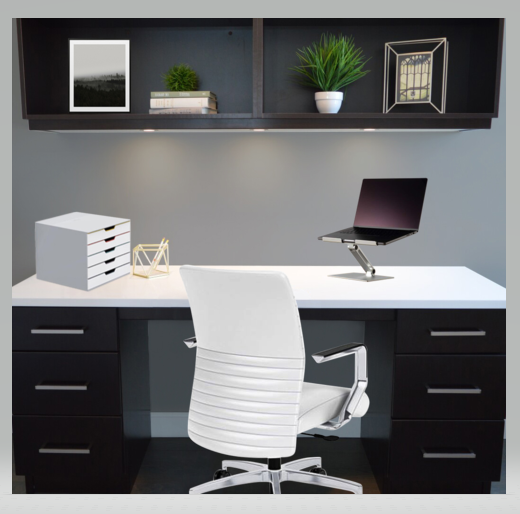
Practice virtual interview skills
Unlike an in-person interview, mastering the remote interview requires you to consider where to put your camera, how to speak to it, and how your environment looks. You’ll also want to be ready for the usual challenging interview questions with STAR – Situation, Target, Action, and Response methods.
Interview tips
Before you get in there, be sure you’ve covered what you can to make the best first impression possible.
Check your settings
Be sure to check your zoom settings early enough that you have time to troubleshoot. Check your camera, audio, and account log-in.
Dress professionally
You need to portray yourself as a professional worth trusting, and to do that, you’ll want to look your best.
Have a neutral background
You don’t want your background distracting people, so ensure it’s as clean and neutral as possible. Set up your camera, and check every corner of the frame to ensure your background is spot on.
Ask questions
Asking questions shows the interviewer that you’re interested in learning more about the position. Asking about ways to move up in the company shows you’re looking at long-term potential. Questions about the work environment show you care about finding the correct fit for you (and for them).
Remote job skills
The main staples of working remotely are effective communication and meeting deadlines. If something’s going wrong or affecting your deadline, you need to communicate proactively so the business can bounce back.
Highlight skills in your CV
In your career history, if you have great jobs that highlight these skills, it’s important to showcase their importance in your CV and cover letter.
Have examples ready during the interview
It’s also important during an interview to fall back on this relevant experience. If it doesn’t come up naturally as part of the interviewer’s questions, find a moment to highlight them.
Take courses and do freelance work to gain experience
Everything from cutting out distractions to writing compelling emails, or using standard goal-tracking services (such as Notion or Trello), are excellent skills to have under your belt.
Must-have remote skills
Some must-have skills for remote working include effective and proactive communication, immediate follow-through, and achieving your deadlines.
After landing the job
Congratulations on your new job – you earned it. Now that you have it, you’ll want to keep it.
Audit
Keep track of when you go above and beyond in a project and where you falter. Have explanations (honest ones, not embellishments) of what happened so you can highlight the good and the bad from your self-audits during a review. This also helps you keep track of your output.
Socialize
A visible presence in your remote office will connect you with your coworkers and supervisors. Stay active in silly chats, and hop on social zoom calls when you can. The bonds you form with people may lead to opportunities and help them understand and appreciate what you do.
Ask for help
If you’re struggling in any capacity, ask for help. Your coworkers also work remotely and have families, pets, and other distractions. Whether you need practical advice, or assistance completing your job, it’s better to ask for help early on rather than when it’s too late.
Prepare your space
Ensure you have a desk dedicated to work that effectively meets your needs. If it isn’t, consider how you can improve it. Your workspace is important for your health as well.
Healthy workspace
A healthy workspace for remote workers is essential for good physical and mental well-being. Remote workers should strive to create a workspace that is comfortable, well-setup and free from distractions.
Indoor air quality
When working from home, you’ll spend a considerable amount at home. That’s why focusing on your indoor air quality is important. Poor air quality can lead to health problems, such as including respiratory issues, headaches, and fatigue. Consider using an air purifier with a HEPA filter to improve your IAQ. Additionally, opening windows to increase ventilation, and reducing the use of chemical cleaning products are also effective methods. More ideally, place your desk close to a window and have it open every day. Adding plants that have been proven to work as air purifiers can help remove toxins from the air and improve your overall well-being. Prioritizing IAQ can lead to a healthier and more productive work environment.

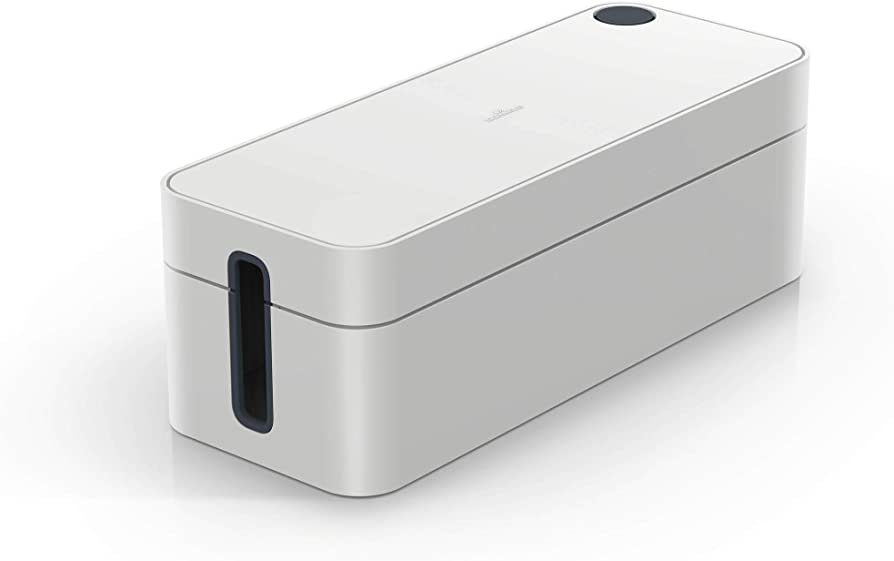
Electrical safety
Overloaded electrical outlets and extension cords poses another risk. When spending more time at home, you should be aware of fire risks associated with connecting to many devices at once. Remote workers should ensure that their electrical outlets are not overloaded and that extension cords are used sparingly and are in good condition. Also, make sure not to eat and drink around your desk. For electrical safety, all electrical equipment should be regularly inspected and maintained. It is also important to never use damaged cords or equipment, and to avoid running cords under carpets or rugs, as this can create a fire hazard. Electrical safety in the home workspace is crucial to prevent accidents and create a safe environment.
Good posture
A part of a healthy lifestyle and good well-being is related to good posture and regular movement. Poor posture and prolonged sitting can cause strain on the neck, back, and shoulders, leading to discomfort and even injury. To maintain good posture, aim to keep your shoulders relaxed, back straight, and feet flat on the floor. The Muvmat by Ergify is a so-called anti-fantigue mat. Topographical 3D structure in the mat activates the reflex zones, relaxes the muscles and keeps the body moving. The mat in combination with a standing desk is an excellent addition to your workspace to keep yourself healthy. If it’s withing your budget, Investing in ergonomic furniture, such as an adjustable chair and desk, can further help support good posture and reduce strain on the body. In addition, taking regular breaks to stretch and move around can help prevent physical strain and fatigue.

Clean environment
Working from home in a clean and organized environment can have a significant impact on a worker’s productivity and mental health. A clean and tidy home workspace helps to reduce stress and improve focus. In addition, a clean home environment can help prevent the spread of illness, reducing the risk of sickness and absenteeism. Establish a regular cleaning routine that includes wiping down surfaces, decluttering the workspace, and keeping the area free from distractions.

Didn’t get the job?
If you don’t get the job, that can be painful. Keep in mind that it happens to everyone and is never personal. Give yourself some time to shake it off, then examine some possible reasons why.
Audit
Go through your interview again, and perform an audit of your interview process from top to bottom to see if you missed anything. Maybe you can improve your posture, or where you placed the camera. Consider how to change your interview process for the better.
Ask for feedback
When you ask an HR specialist for feedback on your interview, it shows a willingness to take criticism and grow. You might discover aspects of your interview that aren’t coming across correctly, which you can improve.
Move on
The most important part of the interview process is not to take it personally. You’re doing great work, and sometimes competition can be stiff. Keep looking for the next opportunity, and don’t let the negative emotions impact your self-worth. You got this, and you’ll get a great job if you keep trying.
Keep searching
The beauty of remote work is there’s lots of it available globally. If you aren’t sure where to apply next, search daily or every few days, and don’t stop until you get the job you want.
Remote work has become a significant aspect of employment for many people worldwide. To work remotely, you’ll want to set up your home for success and ensure you can excel at a virtual interview. If you haven’t landed a new job yet, keep at it. You’ll find the right place eventually – you just have to keep looking.
Written by Ismirelda Frost

